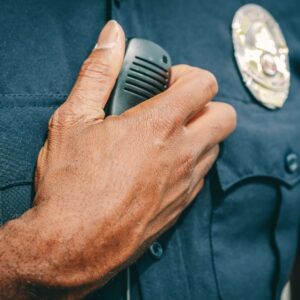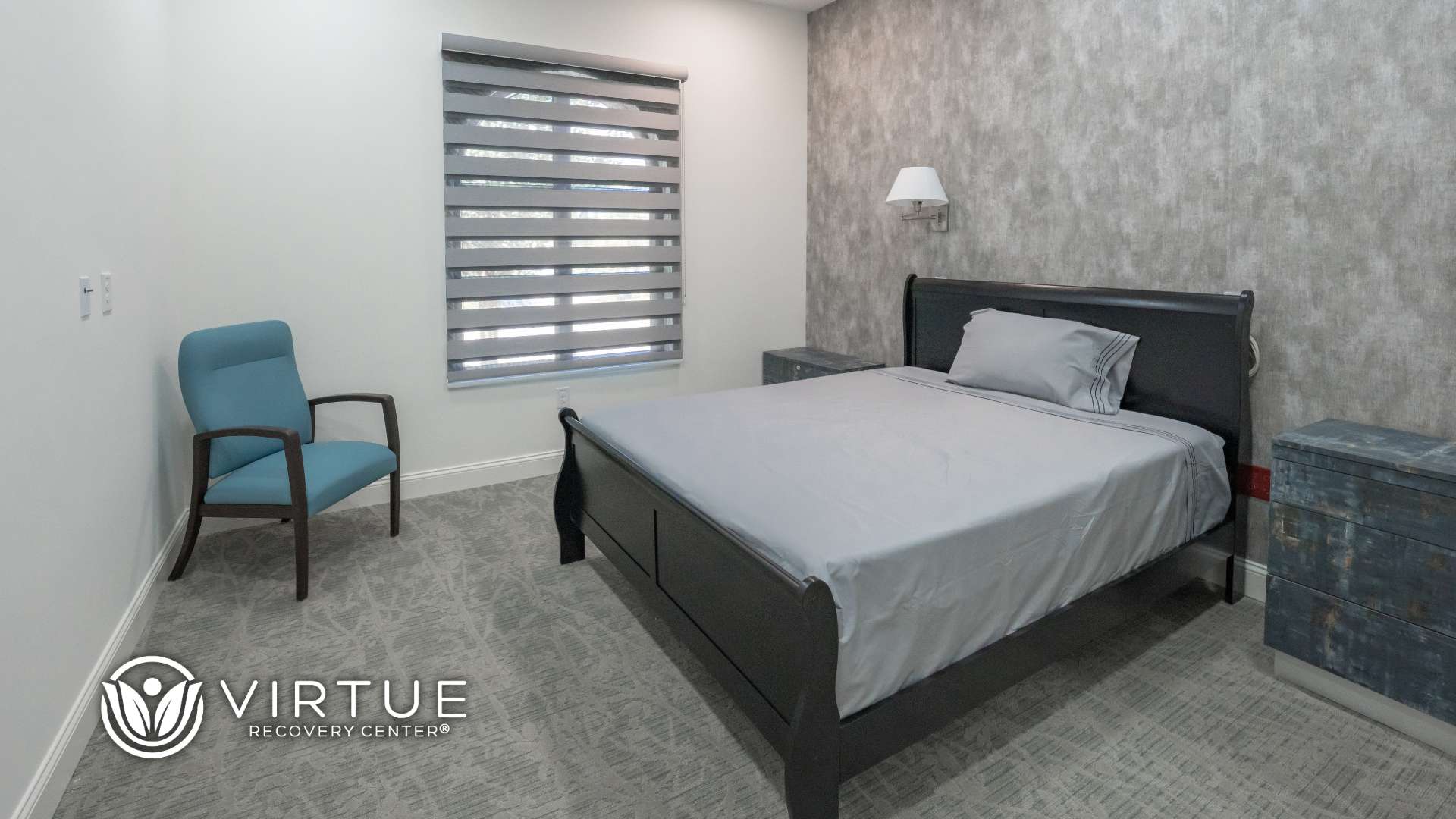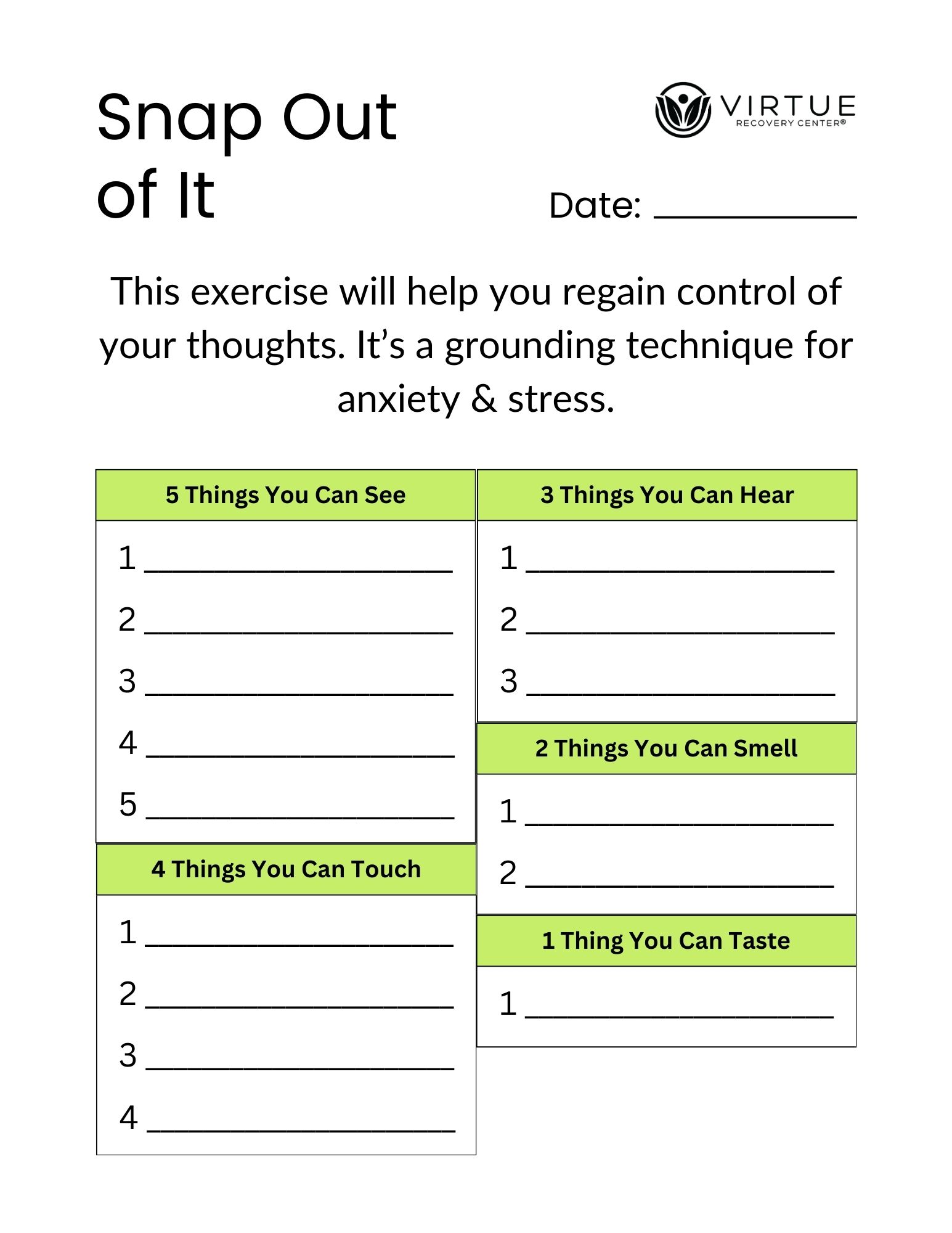The prevalence of substance abuse among police officers in the United States has become a concerning issue. Policing is undeniably one of the most demanding and high-stress jobs, exposing officers to various types of drugs, which, coupled with the inherent stress, can lead to substance abuse. Many officers find themselves turning to drugs or alcohol for relief, eventually spiraling into addiction.
 There are over one million full-time law enforcement personnel in the U.S., with an additional 100,000 part-time workers, making it natural for a significant number of them to succumb to drug or alcohol addiction. Statistics concerning alcohol abuse among officers are alarming:
There are over one million full-time law enforcement personnel in the U.S., with an additional 100,000 part-time workers, making it natural for a significant number of them to succumb to drug or alcohol addiction. Statistics concerning alcohol abuse among officers are alarming:
 There are over one million full-time law enforcement personnel in the U.S., with an additional 100,000 part-time workers, making it natural for a significant number of them to succumb to drug or alcohol addiction. Statistics concerning alcohol abuse among officers are alarming:
There are over one million full-time law enforcement personnel in the U.S., with an additional 100,000 part-time workers, making it natural for a significant number of them to succumb to drug or alcohol addiction. Statistics concerning alcohol abuse among officers are alarming:
- Officers tend to consume alcohol at higher rates than the general population. Cumulative stress in law enforcement is strongly linked to increased alcohol abuse, with officers having higher rates of binge drinking compared to non-officers.
- Studies indicate that 25% of officers admit to consuming alcohol while on duty at some point.
- Alcohol-related adverse consequences affect about 18.1% of male officers and 16% of female officers, demonstrating the severity of the issue.
Why Inpatient Rehab is Crucial for Police Officers:
The inherent pride officers take in their work can sometimes hinder their ability to seek help for addiction. It’s essential to understand that addiction affects everyone, regardless of their profession. Seeking inpatient rehab is a commendable step and demonstrates strength and integrity. There is no shame in admitting the need for help; in fact, it signifies a determination to overcome the challenge. Law enforcement professionals will find support and understanding within their ranks, as many have faced similar struggles. Addiction is an equalizer, affecting individuals from all walks of life, including law enforcement.How to Seek Help:
- Contact a Specialized Rehab Center: Reach out to a rehab facility experienced in treating police officers. Hotlines or referral services can provide information about facilities catering specifically to professionals dealing with addiction.
- Inform a Supervisor: It’s crucial to discuss the situation with a supervisor, openly sharing what’s happening and what needs to be done to resolve it. Transparency is key to receiving support from within the department.
- Lean on Loved Ones: Sharing the truth about the addiction crisis with family and friends is vital. Their support can provide invaluable strength during the recovery journey.











